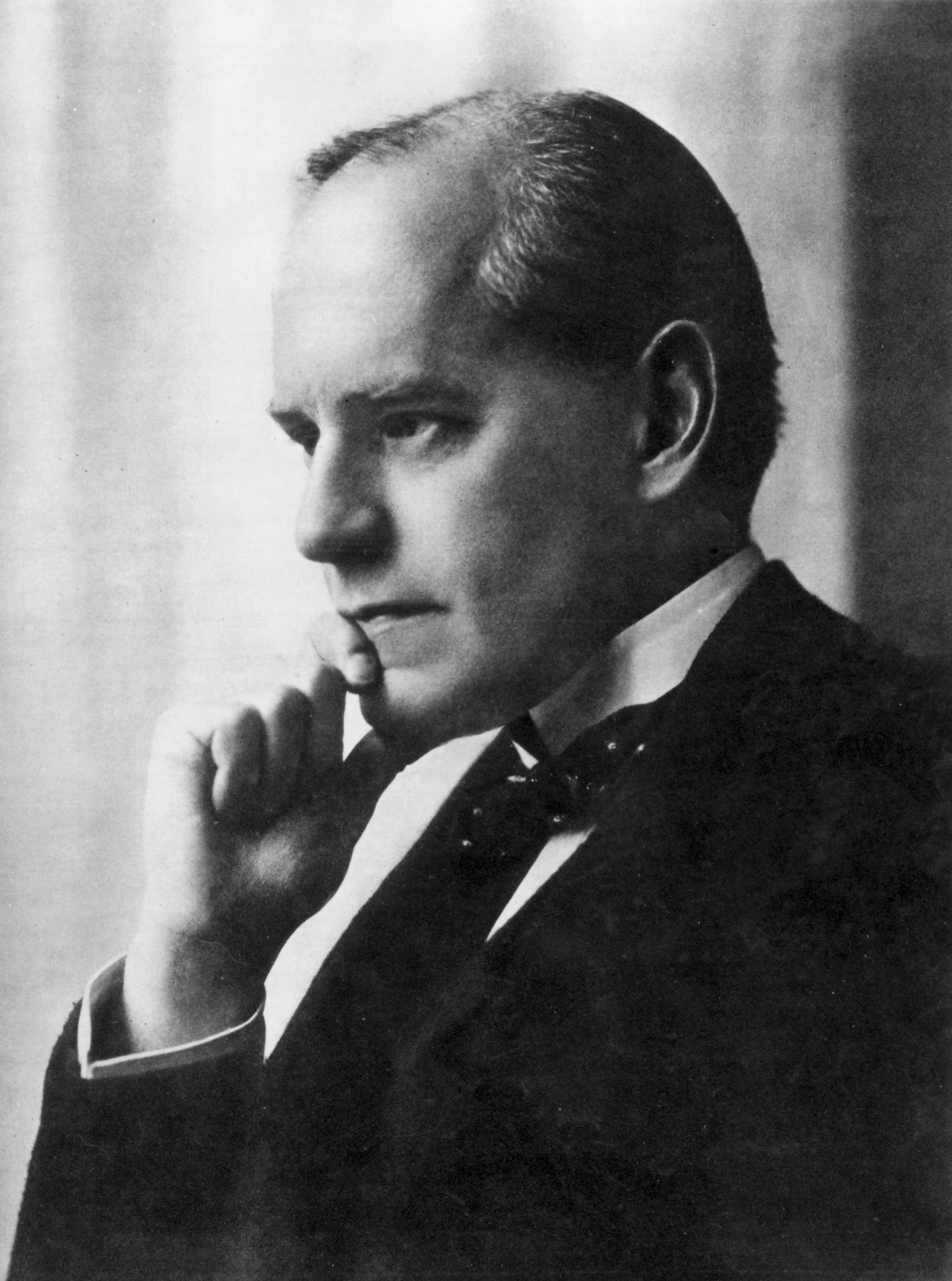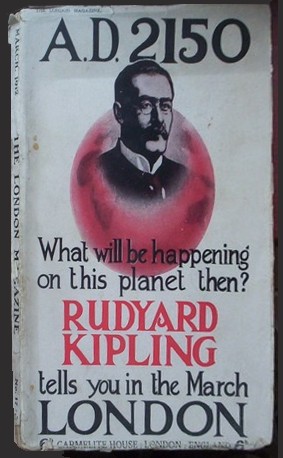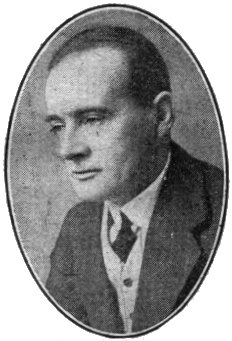|
Grant Richards (publisher)
Franklin Thomas Grant Richards (21 October 1872 – 24 February 1948) was a British publisher and writer. After creating his own publishing firm at the age of just 24 years old,Lise JaillantGrant Richards modernistarchives.com. Retrieved 11 February 2019. he launched ''The World's Classics'' series (still published by Oxford University Press as ''Oxford World's Classics'') and published writers such as George Bernard Shaw, A. E. Housman, Samuel Butler and James Joyce. He made "a significant impact on the publishing business of the early twentieth century". Early life and career He was born Franklin Thomas Grant Richards in University Hall, Hillhead, Partick, Lanarkshire on 21 October 1872.Grant Richards (1872–1948) Dumbarton Oaks Research Library and Collection, doaks.org. Ret ... [...More Info...] [...Related Items...] OR: [Wikipedia] [Google] [Baidu] |
Hillhead
Hillhead ( sco, Hullheid, gd, Ceann a' Chnuic) is an area of Glasgow, Scotland. Situated north of Kelvingrove Park and to the south of the River Kelvin, Hillhead is at the heart of Glasgow's fashionable West End, with Byres Road forming the western border of the area, the other boundaries being Dumbarton Road to the south and the River Kelvin to the east and north. History Hillhead was an independent police burgh from 1869, but as Glasgow grew during the nineteenth century it was first swallowed up physically by the growing city, and then administratively in 1891. Landmarks The University of Glasgow is located in the area, having moved from its original site on the High Street to its current Gilmorehill location in 1870. Consequently a great number of students live in the area. Many academics from the University live in the area along with BBC Scotland employees, actors, broadcasters, writers and many students from various universities and teaching hospitals, creating an econ ... [...More Info...] [...Related Items...] OR: [Wikipedia] [Google] [Baidu] |
Dumpy Books For Children
The Dumpy Books for Children were a series of small-format books selected by E. V. Lucas and published by British publisher Grant Richards between 1897 and 1904. Subsequent books were published by Chatto & Windus Chatto & Windus is an imprint of Penguin Random House that was formerly an independent book publishing company founded in London in 1855 by John Camden Hotten. Following Hotten's death, the firm would reorganize under the names of his business ... and by Sampson, Low. Books in the collection References External linksThe Dumpy Books {{DEFAULTSORT:Dumpy Books Lists of children's books ... [...More Info...] [...Related Items...] OR: [Wikipedia] [Google] [Baidu] |
John Masefield
John Edward Masefield (; 1 June 1878 – 12 May 1967) was an English poet and writer, and Poet Laureate from 1930 until 1967. Among his best known works are the children's novels ''The Midnight Folk'' and ''The Box of Delights'', and the poems '' The Everlasting Mercy'' and " Sea-Fever". Biography Early life Masefield was born in Ledbury in Herefordshire, to George Masefield, a solicitor, and his wife Caroline. His mother died giving birth to his sister when Masefield was six, and he went to live with his aunt. His father died soon afterwards, following a mental breakdown. After an unhappy education at the King's School in Warwick (now known as Warwick School), where he was a boarder between 1888 and 1891, he left to board , both to train for a life at sea and to break his addiction to reading, of which his aunt thought little. He spent several years aboard this ship, and found that he could spend much of his time reading and writing. It was aboard the ''Conway'' that Masef ... [...More Info...] [...Related Items...] OR: [Wikipedia] [Google] [Baidu] |
Robert Tressell
Robert Noonan (17 April 1870 – 3 February 1911), born Robert Croker and best known by the pen name Robert Tressell, was an Irish writer best known for his novel ''The Ragged-Trousered Philanthropists''. Tressell spent his entire early adult working life in South Africa. It was in Johannesburg that he was drawn into labour organisation and socialist politics. In Johannesburg, he was also involved with some of the leading protagonists of Irish nationalism. Having arrived back in England he worked as a painter and decorator in Hastings and wrote his novel ''The Ragged Trousered Philanthropists'', probably between 1906 and 1910, 'about exploitative employment when the only safety nets are charity, workhouse and grave.' George Orwell called it a wonderful book. Early life Noonan was born in 37 Wexford Street, Dublin, Ireland, the illegitimate son of Samuel Croker, a former Inspector of the Royal Irish Constabulary, who by the time of the birth was a retired Resident Magistrate ... [...More Info...] [...Related Items...] OR: [Wikipedia] [Google] [Baidu] |
The Ragged-Trousered Philanthropists
''The Ragged-Trousered Philanthropists'' (1914) is a semi-autobiographical novel by Irish house painter and sign writer Robert Noonan, who wrote the book in his spare time under the pen name Robert Tressell. Published after Tressell's death from tuberculosis in the Liverpool Royal Infirmary in 1911, the novel follows a house painter's efforts to find work in the fictional English town of Mugsborough (based on the coastal town of Hastings) to stave off the workhouse for himself, his wife and his son. The original title page, drawn by Tressell, carried the subtitle: "Being the story of twelve months in Hell, told by one of the damned, and written down by Robert Tressell." Grant Richards Ltd. published about two-thirds of the manuscript in April 1914 after Tressell's daughter, Kathleen Noonan, showed her father's work to her employers. The 1914 edition not only omitted material but also moved text around and gave the novel a depressing ending. Tressell's original manuscript was fi ... [...More Info...] [...Related Items...] OR: [Wikipedia] [Google] [Baidu] |
A Play In Three Acts
A, or a, is the first letter and the first vowel of the Latin alphabet, used in the modern English alphabet, the alphabets of other western European languages and others worldwide. Its name in English is ''a'' (pronounced ), plural ''aes''. It is similar in shape to the Ancient Greek letter alpha, from which it derives. The uppercase version consists of the two slanting sides of a triangle, crossed in the middle by a horizontal bar. The lowercase version can be written in two forms: the double-storey a and single-storey ɑ. The latter is commonly used in handwriting and fonts based on it, especially fonts intended to be read by children, and is also found in italic type. In English grammar, " a", and its variant " an", are indefinite articles. History The earliest certain ancestor of "A" is aleph (also written 'aleph), the first letter of the Phoenician alphabet, which consisted entirely of consonants (for that reason, it is also called an abjad to distinguish it fro ... [...More Info...] [...Related Items...] OR: [Wikipedia] [Google] [Baidu] |
Dubliners
''Dubliners'' is a collection of fifteen short stories by James Joyce, first published in 1914. It presents a naturalistic depiction of Irish middle class life in and around Dublin in the early years of the 20th century. The stories were written when Irish nationalism was at its peak, and a search for a national identity and purpose was raging; at a crossroads of history and culture, Ireland was jolted by various converging ideas and influences. They centre on Joyce's idea of an epiphany (a moment where a character experiences a life-changing self-understanding or illumination) and the theme of paralysis (Joyce felt Irish nationalism stagnated cultural progression, placing Dublin at the heart of a regressive movement). The first three stories in the collection are narrated by child protagonists, while the subsequent stories are written in the third person and deal with the lives and concerns of progressively older people, in line with Joyce's division of the collection into ch ... [...More Info...] [...Related Items...] OR: [Wikipedia] [Google] [Baidu] |
John Galsworthy
John Galsworthy (; 14 August 1867 – 31 January 1933) was an English novelist and playwright. Notable works include ''The Forsyte Saga'' (1906–1921) and its sequels, ''A Modern Comedy'' and ''End of the Chapter''. He won the Nobel Prize in Literature in 1932. Life Galsworthy was born at what is now known as Galsworthy House (then called Parkhurst) on Kingston Hill in Surrey, England, the son of John and Blanche Bailey (''née'' Bartleet) Galsworthy. His family was prosperous and well established, with a large property in Kingston upon Thames that is now the site of three schools: Marymount International School, Rokeby Preparatory School, and Holy Cross Preparatory School. He attended Harrow and New College, Oxford. He took a Second in Law (Jurisprudentia) at Oxford in 1889, then trained as a barrister and was called to the bar in 1890. However, he was not keen to begin practising law and instead travelled abroad to look after the family's trans-European shipping age ... [...More Info...] [...Related Items...] OR: [Wikipedia] [Google] [Baidu] |
London Magazine
''The London Magazine'' is the title of six different publications that have appeared in succession since 1732. All six have focused on the arts, literature and miscellaneous topics. 1732–1785 ''The London Magazine, or, Gentleman's Monthly Intelligencer'' was founded in 1732 in political opposition and rivalry to the Tory-supporting ''Gentleman's Magazine'' and ran for 53 years until its closure in 1785. Edward Kimber became editor in 1755, succeeding his father Isaac Kimber. Henry Mayo was editor from 1775 to 1783. Publishers included Thomas Astley. 1820–1829 In 1820 the ''London Magazine'' was resurrected by the publishers Baldwin, Craddock & Joy under the editorship of John Scott who formatted the magazine along the lines of the Edinburgh publication ''Blackwood's Magazine''. It was during this time that the magazine published poems by William Wordsworth, Percy Bysshe Shelley, John Clare and John Keats. In September 1821 the first of two instalments of Thomas De Quinc ... [...More Info...] [...Related Items...] OR: [Wikipedia] [Google] [Baidu] |
Arnold Bennett
Enoch Arnold Bennett (27 May 1867 – 27 March 1931) was an English author, best known as a novelist. He wrote prolifically: between the 1890s and the 1930s he completed 34 novels, seven volumes of short stories, 13 plays (some in collaboration with other writers), and a daily journal totalling more than a million words. He wrote articles and stories for more than 100 newspapers and periodicals, worked in and briefly ran the Ministry of Information in the First World War, and wrote for the cinema in the 1920s. The sales of his books were substantial, and he was the most financially successful British author of his day. Born into a modest but upwardly mobile family in Hanley, in the Staffordshire Potteries, Bennett was intended by his father, a solicitor, to follow him into the legal profession. Bennett worked for his father, before moving to another law firm in London as a clerk, aged 21. He became assistant editor and then editor of a women's magazine, before becoming a ful ... [...More Info...] [...Related Items...] OR: [Wikipedia] [Google] [Baidu] |
Ernest Bramah
Ernest Bramah (20 March 186827 June 1942), the pseudonym of Ernest Brammah Smith, who was an English author. He published 21 books and numerous short stories and features. His humorous works were often ranked with Jerome K. Jerome and W. W. Jacobs, his detective stories with Conan Doyle, his politico-science fiction with H. G. Wells, and his supernatural stories with Algernon Blackwood. George Orwell acknowledged that Bramah's book ''What Might Have Been'' influenced his ''Nineteen Eighty-Four''. Bramah created the characters Kai Lung and Max Carrados. Early career Ernest Brammah Smith (the spelling of his middle name on his birth certificate was recorded by the register as 'Brammah' not 'Bramah') was born in Manchester, England in 1868, the son of Charles Clement Smith and Susannah (Brammah) Smith. Aged 16, he quit Manchester Grammar School, having been near the bottom in each subject. He became a farmer, first as a pupil and then in his own right. He was assisted financiall ... [...More Info...] [...Related Items...] OR: [Wikipedia] [Google] [Baidu] |
Saki
Hector Hugh Munro (18 December 1870 – 14 November 1916), better known by the pen name Saki and also frequently as H. H. Munro, was a British writer whose witty, mischievous and sometimes macabre stories satirize Edwardian society and culture. He is considered by English teachers and scholars a master of the short story and is often compared to O. Henry and Dorothy Parker. Influenced by Oscar Wilde, Lewis Carroll and Rudyard Kipling, he himself influenced A. A. Milne, Noël Coward and P. G. Wodehouse. Besides his short stories (which were first published in newspapers, as was customary at the time, and then collected into several volumes), he wrote a full-length play, ''The Watched Pot'', in collaboration with Charles Maude; two one-act plays; a historical study, ''The Rise of the Russian Empire'' (the only book published under his own name); a short novel, ''The Unbearable Bassington''; the episodic ''The Westminster Alice'' (a parliamentary parody of '' Alice in Wonderlan ... [...More Info...] [...Related Items...] OR: [Wikipedia] [Google] [Baidu] |






